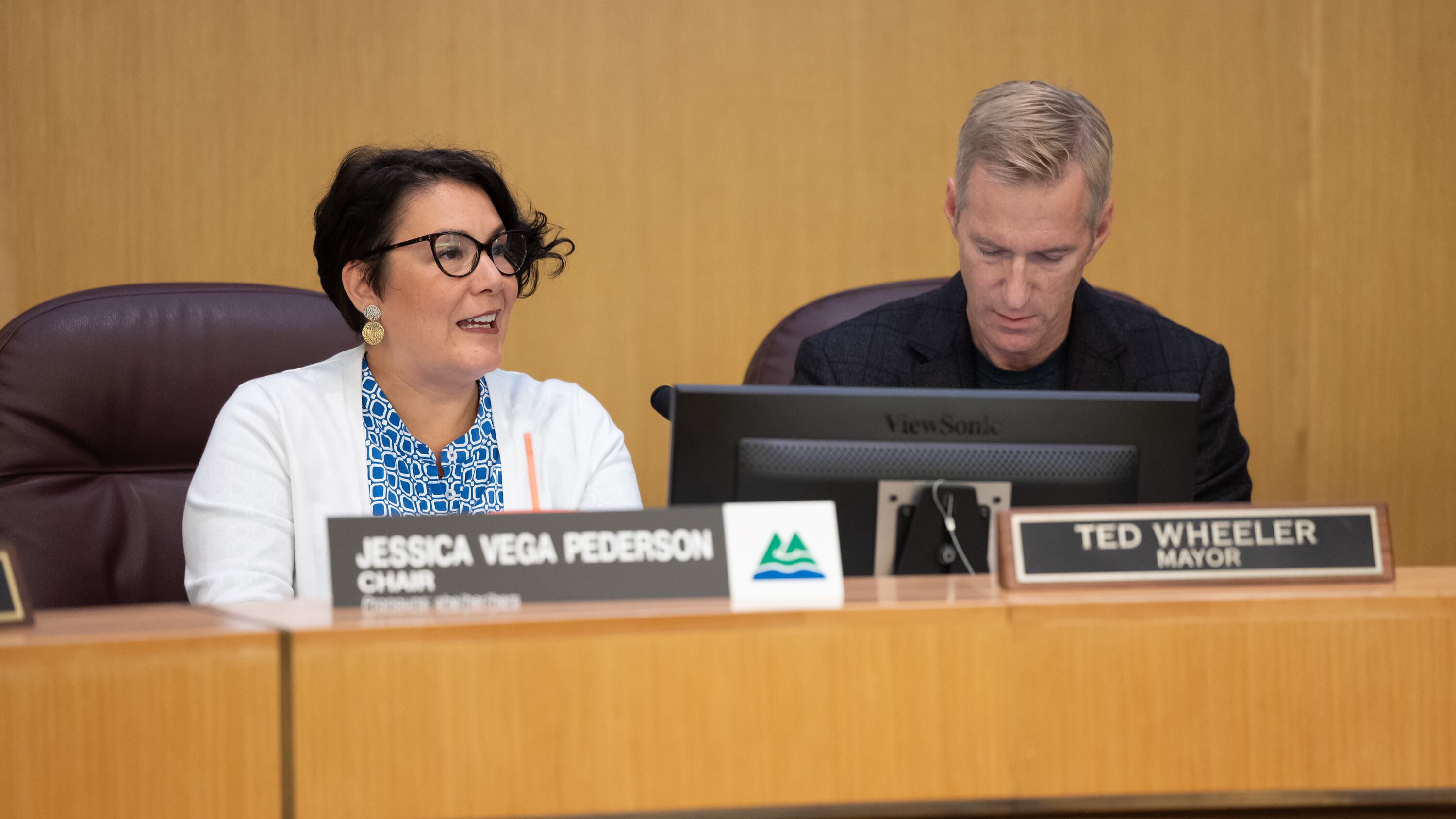Since the closure in 2019 of Portland’s sobering and detox center, the city and Multnomah County have been brainstorming ways to replace it.
The initiative is called the Behavioral Health Emergency Coordination Network—BHECN for short—and was led by an executive committee made up of top city, county and local nonprofit officials. It is one of the county’s highest-profile initiatives and, in July, County Chair Jessica Vega Pederson declared she was personally taking control.
Now, the county says, that committee is “being sunset,” county spokeswoman Sarah Dean tells WW. “BHECN work is now moving from planning to implementation.”
But what the committee will implement isn’t what some key players were expecting: a “20-bed, 24/7 intensive recovery-oriented residential center,” according to a one-page proposal obtained by WW.
The one-pager “was drafted to expand on the recommendations from [the committee],” according to a Sept. 23 email sent by April Rohman, a policy adviser to Vega Pederson.
It “will prioritize referrals from Providence, Unity, and withdrawal management services (also known as detox),” Dean says.
In other words, it’s not a place where cops can drop off people they find incapacitated by drugs or alcohol. Instead, hospitals will remain the front door for people in crisis.
Unity, which is run by Legacy Health, and Providence have promised to add 17 sobering beds. Still, this strategy has not worked well so far—hospital systems have sued the state for failing to provide sufficient mental health treatment facilities to relieve their backed-up emergency rooms.
In recent months, the highest-ranking officials in Oregon, including Gov. Tina Kotek, have demanded that local officials show results in reducing rampant addiction on Portland’s streets. County leaders pointed to BHECN as a key starting point.
“My focus in BHECN has been on taking solid action towards addressing the gaps in our behavioral health crisis system,” Vega Pederson says. “The holes we are plugging—with a stabilization center, transitional housing, and recovery-oriented housing—are key investments, and come on top of our health care partners bringing online 17 sobering beds.”
Other county leaders say this is the wrong direction.
“We’ve wasted millions of dollars, thousands of person hours and three precious years on a complete failure of a process. It’s the definition of a boondoggle,” says County Commissioner Sharon Meieran, an emergency room physician who ran unsuccessfully against Vega Pederson last fall.
The center will likely be funded by leftover dollars from regional government Metro’s supportive housing services tax, which county leaders are currently fiercely debating how to spend. Chair Vega Pederson is proposing spending at least $10 million on the project.
County Commissioner Julia Brim-Edwards wants to require that money be spent on a “24/7 drop-off” center. “We need places that aren’t jail or hospitals for first responders to take people experiencing mental health and/or addiction-related crises on the street,” she tells WW.
The Multnomah County Board of Commissioners will vote on where to spend the money on Thursday.
